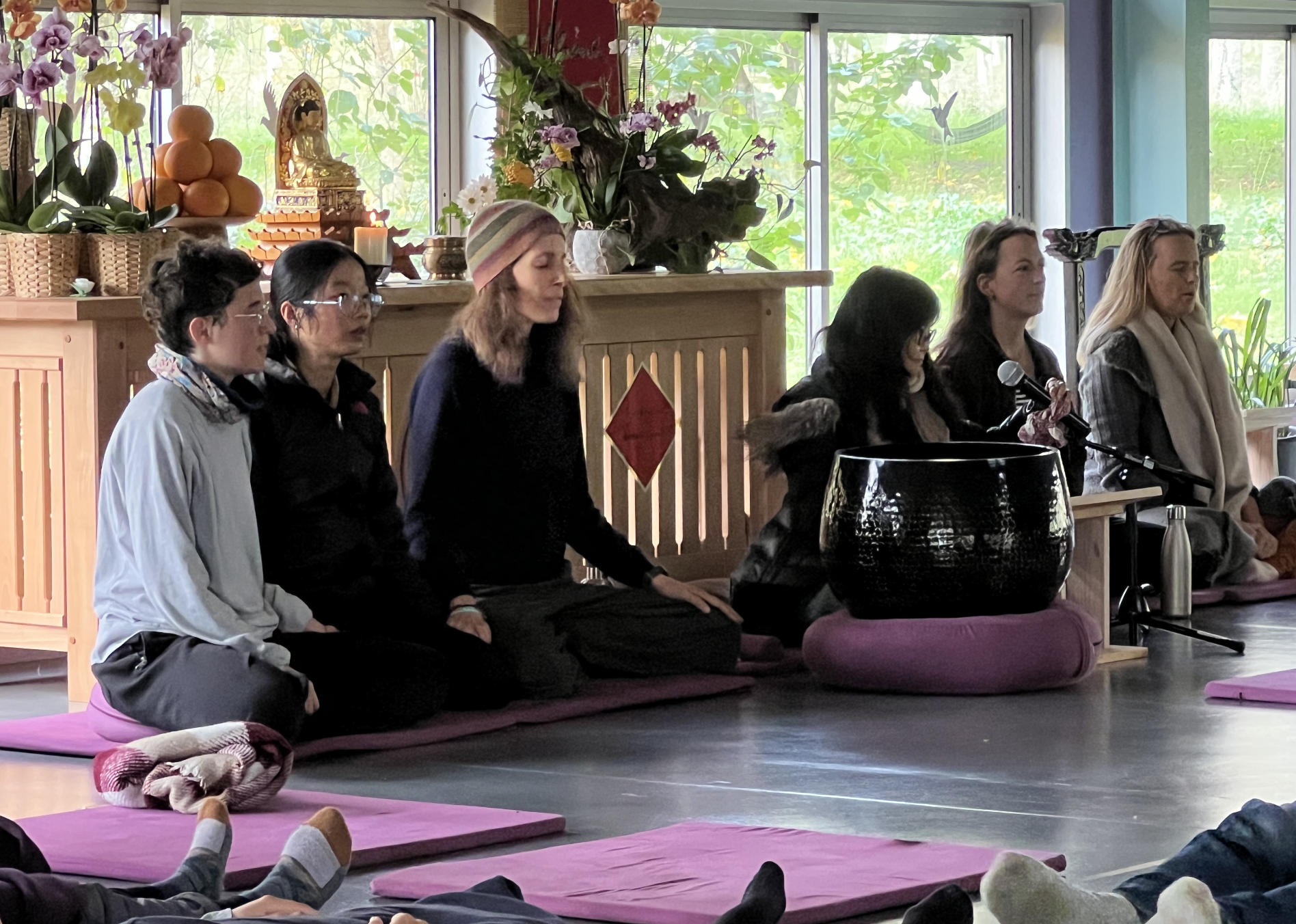Dear Friends,
The day before Halloween, while at Plum Village, we listened to a talk in which Thay shared that when we come into the present moment, we have the capacity to become someone who can perform miracles. It’s like we get a magic wand which can magically bring happiness to ourselves and others. Once we see the roots of suffering, ours and others’, we will know how to help and we will be motivated to help.
There are days I feel like I have easy access to the present moment (and hence my magic wand) and other days when I feel powerless and discouraged about the state of the world and whether I can do anything to help.
When our minds are full of discouraging thoughts like, “I’m just one person, the world is a mess. What can I do?” we get caught in feelings of inadequacy, anxiety, and comparing ourselves to others. That kind of thinking usually deposits me in front of the TV or scrolling on my phone to avoid feelings of shame and despair.
Reigniting our magic wand can start with noticing our next in-breath.
Read More




















